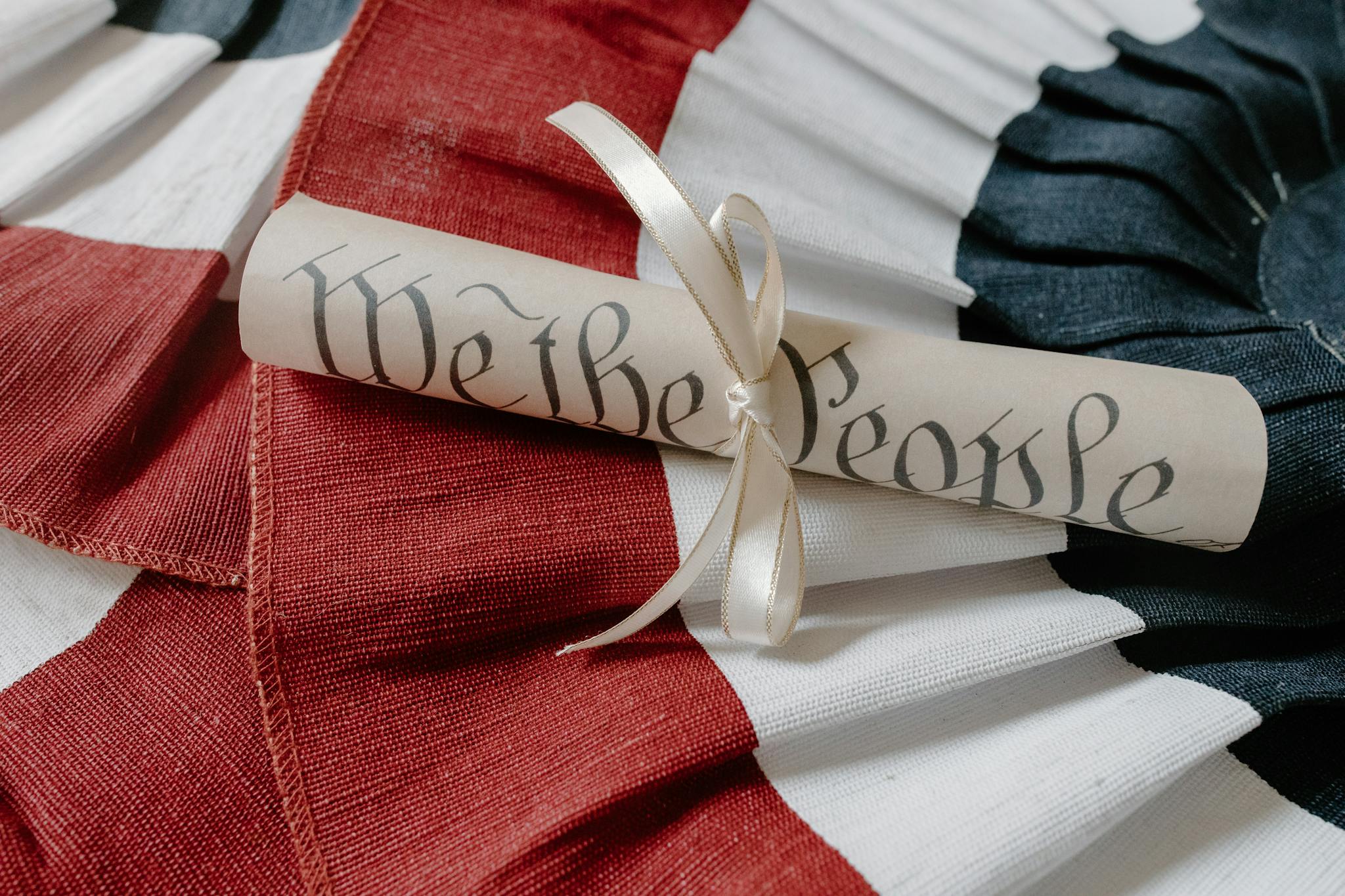Share This Article
[The following essay was written by Molly Hatcher, Lincoln-Sudbury Regional High School Class of 2028. The essay is one of three winning submissions to the LSRHS 250th Essay Contest.]
The Misinterpretation of America’s Founding Documents Over Time
In the 250 years since its creation, the United States of America has been viewed as a beacon of freedom and democracy, an inspiration to the rest of the world. The Revolutionary War and Declaration of Independence began America’s journey to liberty. The Constitution then formed a government whose main purpose was to preserve the inalienable rights that were fought for. The Bill of Rights ensured every citizen was entitled to independence. However, as America progressed, the principles have had to progress with it. As the years have passed, Americans have interpreted these important documents in various ways, such as to justify segregation and usage of firearms, causing debate from every side of the political spectrum. Furthermore, government officials sometimes choose to ignore what the historical documents say and push through laws that violate our rights, using weak arguments, such as war, as vindication. Throughout America’s history, the founding documents have been misinterpreted and often ignored for an agenda, causing these principles to lose their strength over time.
To begin, the Bill of Rights, specifically the Second Amendment, has been misconstrued, with many confused over what was actually said about the right to bear arms. With gun violence on the rise, and many questioning if guns should be better regulated, Conservatives claim that owning a gun is their Second Amendment right. According to surveys done by Pew Research, 45% of Republicans and Conservatives own guns, and almost a third of Americans own a firearm or live in a household with one (Pew Research). That being said, these statistics do not align with the actual wording of the Bill of Rights, which explicitly states that “A well regulated Militia, being necessary to the security of a free State, the right of the people to keep and bear Arms, shall not be infringed.” The Amendment technically asserts that guns should be used in a military setting, as a way to protect a community as a whole; however, it is often viewed as providing the right for an individual to own a weapon. Those who own guns and those who are against it have looked at the Second Amendment in different ways. This shows the way that rights mean different things to everyone, and how their various interpretations are used for the sake of proving one side ideologically correct.
In addition, the controversial topics of slavery and racial discrimination were mentioned too vaguely in founding documents, contributing to division throughout the years. While the Declaration of Independence stated that all men are created equal, the United States continued to support slavery, actively treating an entire race as property. Slavery endured for years until its abolition in 1865, when segregation took its place, separating the whites and non-whites and mistreating Black people, despite their equal status as birthright citizens. Even though the idea of harming those of varying ethnicities had supposedly been resolved, Southern states continued to ignore the Thirteenth and Fourteenth Amendments–which explicitly makes anyone born in the United States a citizen–by continuing to discriminate against Black people, passing Jim Crow laws that followed their pattern of bigotry. Because of this, millions were not treated equally because their lawmakers refused to acknowledge the Constitutional rights that Black people were entitled to, hoping that they could continue pushing racial division.
Moreover, the government itself has overstepped their power given to them by the Constitution on many occasions. This was shown in World War One with the Sedition Act of 1918, when the government, “imposed harsh penalties for a wide range of dissenting speech, including speech abusing the U.S. government, the flag, the Constitution, and the military….The Wilson Administration argued that these Acts were essential to the war effort and prosecuted thousands of anti-war activists under their various provisions” (National Constitution Center). At the time, the war was a rationalization for the government acting out of turn, despite the fact that there is no exception granted in the Constitution. Their censoring of the press shows how the government wanted a specific perspective circulated, in hopes of having their pro-war agenda inflicted on the people. This directly contradicts the ideals that this country was founded on, of freedom to express information freely. Correspondingly, after the events of September 11th, President George W. Bush was under scrutiny for placing detainees in secret prisons and torturing them, claims that were proven to be true. The administration admitted that these measures maintained crucial to the “War on Terror,” the military campaign working to put an end to terrorism. Even so, these acts violate the Eighth Amendment, which bans cruel and unusual punishment. The desire to end terrorism should not excuse violating the guaranteed rights that those elected are put under oath to protect. The government should not have the ability to violate their Constitution, making feeble excuses to avoid consequences.
Looking back on history, the founding laws of our nation have been misinterpreted or defied altogether, resulting in said laws losing their validity. Often, the violation of the founding documents are unintentional, with many analyzing the wording in different ways. However, there have also been instances where the government disregards these principles entirely. The fundamental rights that are promised to the citizens of this country are not something to negotiate, or something for officials to alter to whatever they see fit. It is important that we as a country know what the Founding Fathers guaranteed so we can stand up for them when needed, and elect representatives who we know will protect us.


